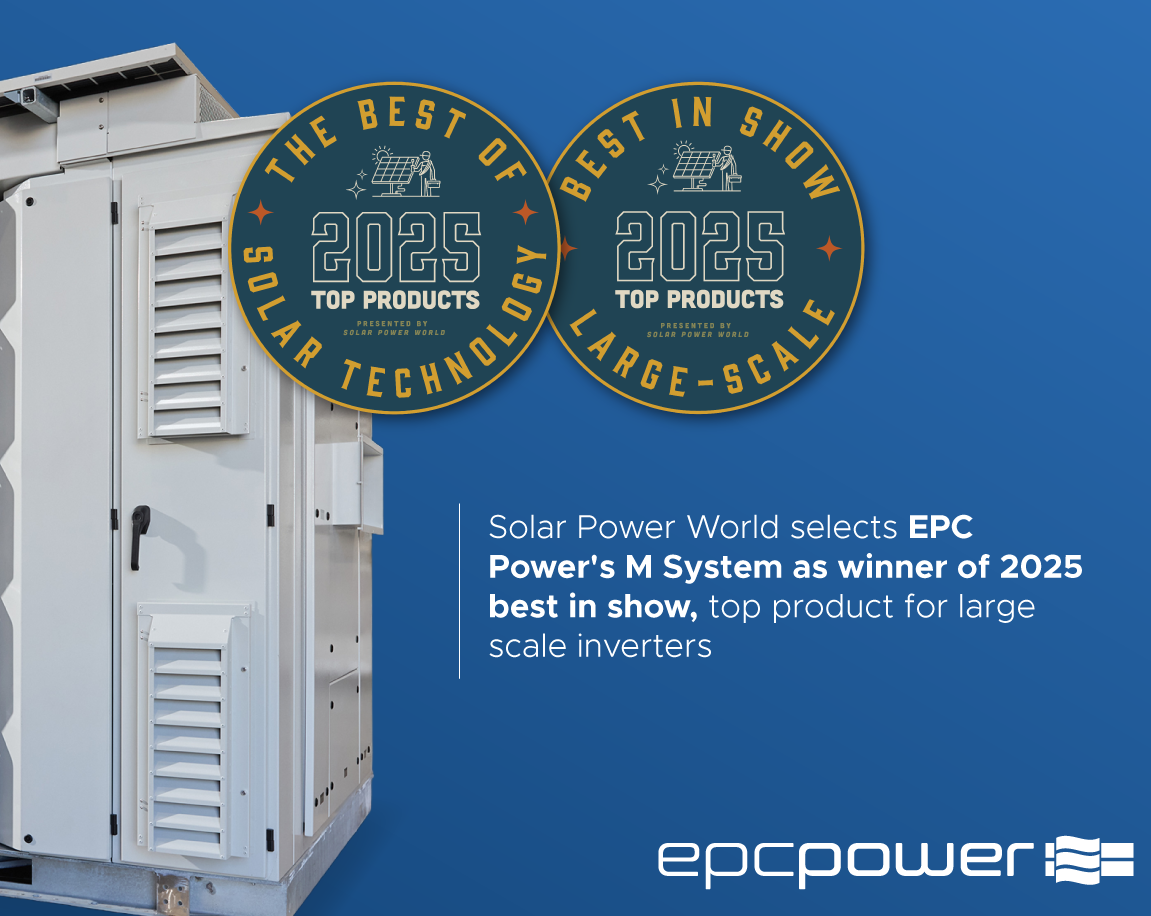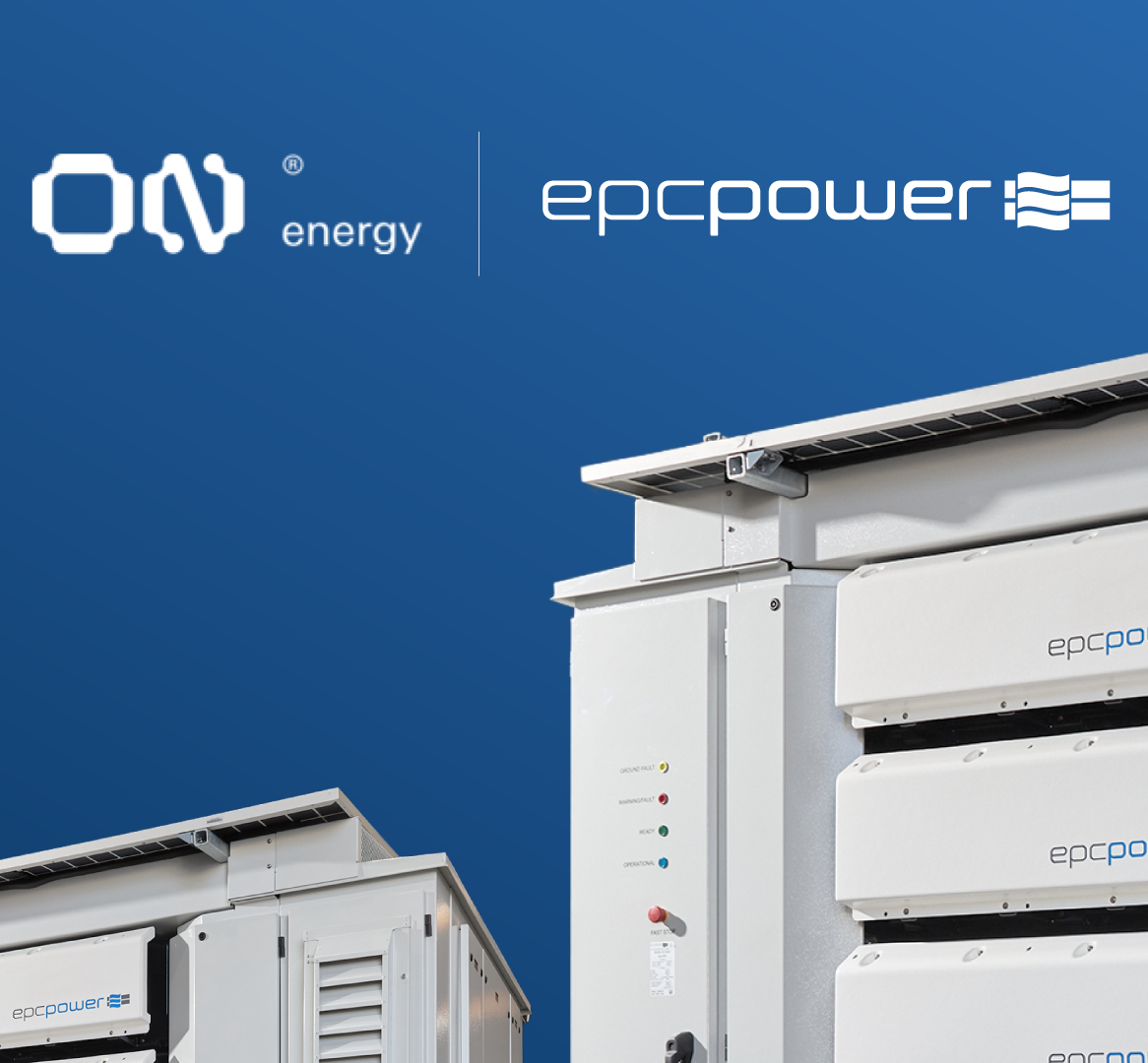
The exponential growth of “hyperscale” data centers has generated an increased demand for reliable energy. Traditional energy storage solutions, such as uninterruptible power supplies (UPS) with battery backup, can be limited in their capacity and can only provide a few minutes of power before the facility has to switch to backup generators. As a result, data center developers are working toward innovative solutions to meet the growing energy demands of their facilities while also reducing their carbon footprint.
The role of Battery Energy Storage Systems (BESS)
Battery Energy Storage Systems (BESS) are emerging as a critical component of modern data center infrastructure. By providing service to your operation’s power grid, as well as secondary backup support, BESS can help improve energy reliability while reducing the reliance on fossil fuels. In regions like Hawaii and Australia, Grid-Forming Mode [DK1] settings – which enables inverters to act as synchronous generators – have been successfully implemented in BESS to provide support for the grid. This has been an effective means of ensuring reliability in areas where renewable energy sources are predominant. It allows for the fluctuations that are inherent with sources like wind and solar. [DK1]https://www.esig.energy/australian-landscape-of-grid-forming-batteries/
EPC Power's innovative, sustainable, and reliable storage solutions
Here at EPC Power, we pride ourselves on being at the forefront of creating storage solutions that address the challenges faced by data center developers. Our solutions offer a range of benefits, including:
- Reduced carbon footprint: Using BESS in combination with renewable energy sources will allow data centers to significantly reduce their carbon emissions – contributing to a more sustainable future.
- Better reliability: BESS can provide grid services such as frequency regulation, voltage support, and black start capabilities, enhancing grid stability and resilience.
- Increased energy efficiency: EPC Power's BESS solutions are designed to maximize energy efficiency and minimize losses, resulting in lower operating costs for data centers.
- Scalability and flexibility: Our future-ready solutions are scalable to meet the growing energy demands of data centers, while being easily integrated with existing infrastructure.
Addressing the challenges presented by AI and hyperscale data centers
The accelerating growth and usage of AI – with its heightened need for resources to power complex processing – and hyperscale data centers continues to increase the demands on energy infrastructure.The increased energy consumption of AI-powered data centers can be attributed to a few factors:
Increased processing power: AI applications often require substantial digital and computational resources, which greatly increases their energy consumption.
Data-Intensive Tasks: AI models are trained on massive datasets, which necessitates significant data processing and storage.
Continuous Learning: Constant updates and improvements are processes that require ongoing resources; this consumes a significant amount of energy. While data centers have become more energy-efficient over time, the rate of efficiency gains has been decelerating. This means that the growing demands of AI applications will be outpacing the efficiency improvements. Naturally, this will lead to a significant strain on the local energy grid.
Modern data centers require incredible amounts of reliable and efficient power to support their operations. EPC Power's BESS solutions enables data center developers meet these challenges by providing:
- Peak Load Shaving: BESS can store excess energy during off-peak hours and release it during peak demand periods, reducing the strain on the local grid and lowering energy costs. Additionally, AI data centers have large spikes in power demand, followed by low demand. EPC Power’s BESS solutions can help smooth these power fluctuations so as to not strain the utility interconnection.
- Renewable Energy Integration[DK1] : BESS can help smooth the intermittency of renewable energy sources, such as solar and wind, making them more reliable and efficient.
- Backup Power: In the event of an outage, BESS can provide backup power to keep data centers operational, minimizing downtime and data loss.
As data center developers face the newer challenges of AI and the processing needs of larger applications, energy storage will play an increasing role in providing reliability and sustainability. At EPC Power, we’re focused on delivering scalable, future-ready products that allow data center developers to meet their energy needs while reducing their carbon footprint.





